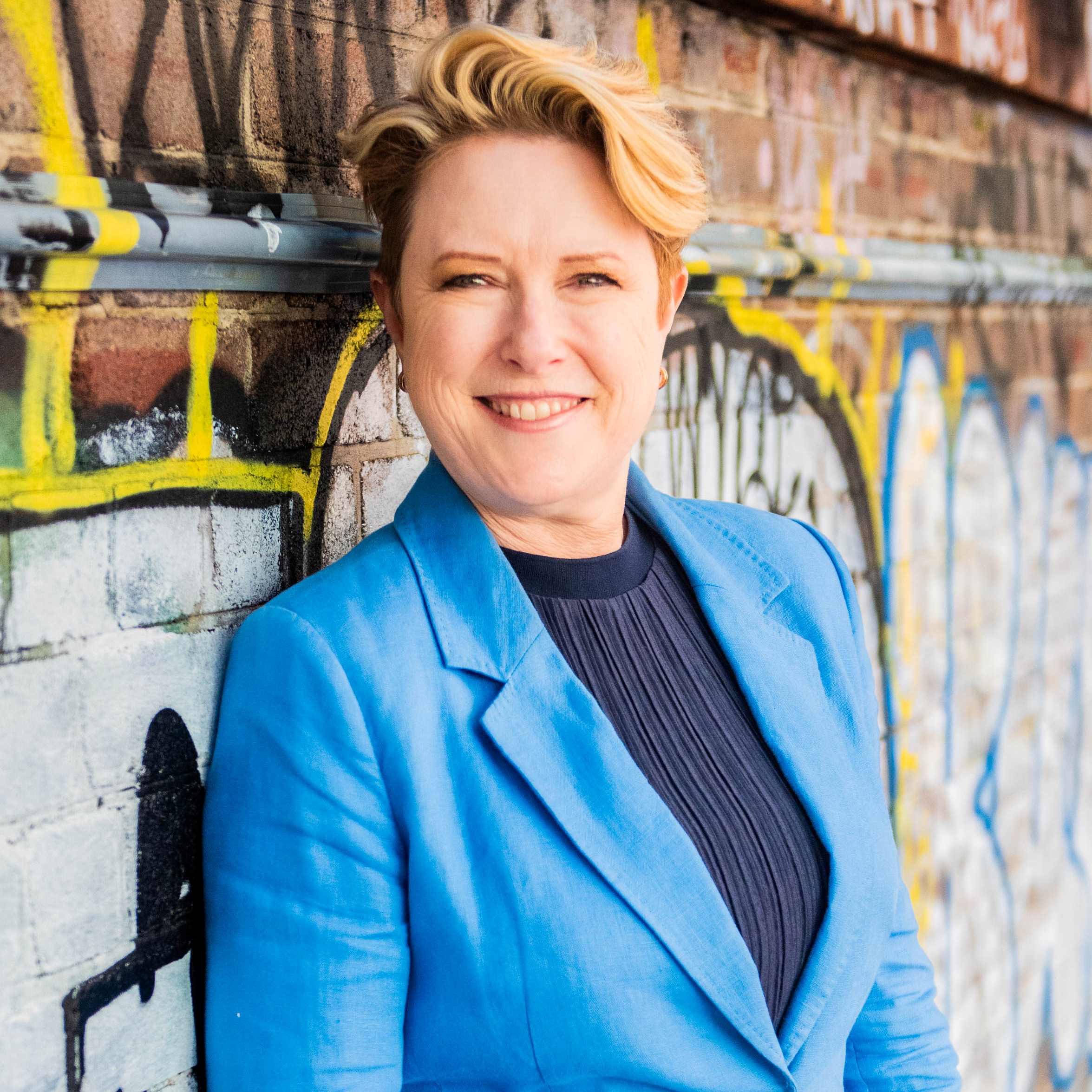Key Takeaways from Episode 59
Why Order Matters More Than You Think
Most people get the buying process wrong—not just because they lack information, but because they tackle it in the wrong order. Meighan and Veronica share how even experienced buyers fall into this trap and why getting steps out of sync can lead to emotional and financial mistakes. They introduce their proven four-phase framework: Preparation, Action, Commitment, and Execution (P.A.C.E.), which structures the entire journey into logical, manageable parts.
1. Phase One: Preparation – The Foundation for Success
Preparation isn't just about saving money—it's about getting your support crew in place. This includes your mortgage broker, solicitor or conveyancer, building inspector, financial advisor, and possibly an accountant. Many buyers delay engaging these experts until it's too late, missing out on crucial early advice. The hosts emphasise that good advice upfront prevents expensive and heartbreaking mistakes down the line.
2. Know Your Real Budget – It's More Than Just a Deposit
Understanding your finances goes far beyond the deposit. Buyers must consider stamp duty, legal fees, inspections, lender's mortgage insurance, and more. Online calculators can be misleading—getting a broker to assess your borrowing power based on current bank policies is crucial. They also explore how credit card limits—not just balances—affect your borrowing capacity.
3. Your Property Plan – Position, Property, and Price
Using their "3 P" method—Position, Property, and Price—the hosts guide listeners through creating a practical plan. They stress the importance of aligning location, property type, and budget early. Too many buyers fall in love with properties before realising they're unaffordable or inappropriate. Planning helps you avoid chasing unicorns and make informed compromises.
4. Phase Two: Action – Don't Start Here!
Most people begin their buying journey by hitting realestate.com.au and heading to open homes—step four in the process. The Action phase includes searching and inspecting properties, but it's only productive if you've already prepared. Meighan and Veronica provide practical tips on what to look for during inspections, how to spot red flags, and why knocking on walls might tell you more than you think.
5. Revise and Correct – The Crucial Midpoint Step
Step five, "Revise and Correct," is about reassessing your goals after real-world experience. Have you learned things that change your position, property type, or price expectations? Are you aligned with your partner if buying as a couple? The hosts explain why this self-check is critical to avoid heading down the wrong path—and how it often leads to a better outcome.
6. Phase Three: Commitment – Understanding How Properties Are Sold
Too many buyers misunderstand the process of making offers or bidding at auctions. Step six explores private treaty vs. auction, cooling-off periods, and how each state's rules differ. Buyers must learn how to make offers properly, understand binding vs. non-binding agreements, and how to avoid being gazumped. This step demystifies agent tactics and legal traps.
7. Evaluating Property – Due Diligence Isn't Optional
Step seven is all about evaluation. Buyers need to verify information provided by agents, not assume it's complete. The episode dives deep into the differences in vendor disclosure between states and why buyers must learn how to gather and interpret critical data like strata reports, building inspections, and zoning information. This is where you avoid buying a lemon.
8. Contracts and Conditions – Know What You're Signing
Step eight is contract review. Your solicitor or conveyancer is essential here, but you need to understand the basics too. Veronica and Meighan explain how conditions in contracts protect you—and how they can also make your offer less attractive to sellers. They also cover what varies by state, including settlement periods and the latest changes in Queensland law that give buyers a fairer go.
9. Negotiation and Bidding – Don't Blow It at the Final Hour
Step nine covers negotiation and auction bidding. Most buyers get this wrong by making offers without understanding the property's value or the agent's process. You'll learn how to set a realistic limit, why lowball offers hurt your chances, and how to keep your cool under auction pressure. This step is where having a solid process protects you from costly emotional decisions.
10. Phase Four: Execution – Settlement and Final Steps
Step ten is settlement—the finish line, but not a "set and forget" process. Buyers have important tasks including booking insurance, transferring utilities, and ensuring all conditions are met on time. Meighan and Veronica highlight state-by-state differences and a recent legal update in Queensland that protects buyers when banks delay settlement. They also stress how delays or mistakes here can cost you the entire property.
Why This Episode Matters
This episode is a masterclass in what can go wrong—and how to get it right. Buying a home is not just about ticking off a to-do list. It's about following the correct steps in the right order, using proven systems like P.A.C.E. to guide your journey. With nearly 50 years of combined experience, Veronica and Meighan bring a depth of insight that will save first home buyers from emotional decisions, financial stress, and avoidable regrets.
Final Note:
Episode 59 isn't just about avoiding mistakes—it's about empowering you with knowledge, structure, and confidence. Buying your first home is one of the biggest decisions of your life. Don't leave it to guesswork. Learn the steps, follow the right order, and make it a success.
👉 Ready to get started? Check out THE First Home Buyer Course.
Veronica Morgan & Meighan Wells
Veronica & Meighan are both licensed real estate agents who exclusively help buyers. Together they have nearly 40 years experience as property professionals.
Veronica is principal of Sydney based Good Deeds Property Buyers and is also co-host of The Elephant in the Room property podcast as well as Location Location Location Australia on Foxtel and author of Auction Ready: how to buy property at auction even though you're scared s#!tless!
Meighan is the multi award winning principal of Brisbane based Property Pursuit, chairperson of the REIQ Buyers Agent Chapter & a regular media commentator.




